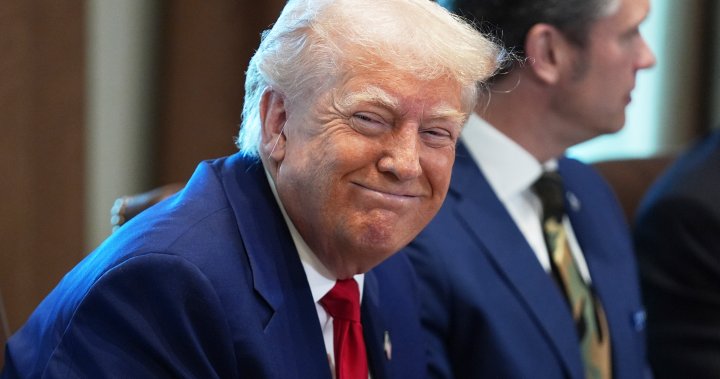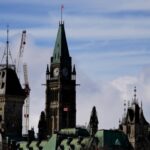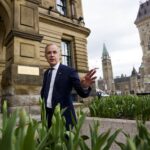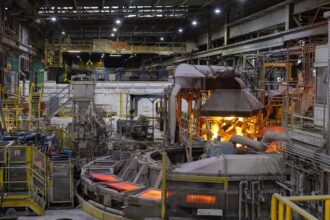In a surprising twist to the evolving Canada-U.S. dynamic, former Bank of Canada governor Mark Carney’s potential entry into the Liberal leadership race could create an unexpected bridge with Donald Trump’s returning administration. Political analysts are noting that Carney’s Wall Street background and Trump’s business-focused approach might forge a pragmatic relationship despite ideological differences—potentially benefiting Canadian interests during a critical period for bilateral relations.
The potential synergy emerges as Prime Minister Justin Trudeau’s government faces mounting pressure following a string of provincial Conservative victories and slumping poll numbers that have fueled speculation about his political future. Carney, who has not yet officially declared his candidacy, represents what some Liberal insiders describe as a “reset button” that could reinvigorate the party while establishing credible economic credentials with a Trump White House.
“Carney speaks Trump’s language when it comes to financial markets and economic policy,” explains Dr. Elizabeth Morgan, professor of international relations at University of Toronto. “His experience leading both the Bank of Canada and Bank of England gives him serious gravitas in financial circles that Trump and his advisors would recognize, even if their policy approaches differ substantially.”
This potential relationship stands in stark contrast to the often frosty interactions between Trudeau and Trump during the latter’s first administration, when disagreements over trade, defense spending, and environmental policy created significant tensions. The infamous 2018 G7 summit in Quebec, where Trump withdrew his signature from the joint communiqué and criticized Trudeau as “weak and dishonest,” highlighted the personal animosity between the two leaders.
Economic considerations may ultimately drive pragmatism from both sides. Canada sends approximately 75% of its exports to the United States, making stable trade relations essential to its economic well-being. Meanwhile, Trump’s campaign promises focused heavily on economic growth and job creation—objectives that could benefit from cooperative relations with America’s largest trading partner.
“Trump is ultimately transactional,” notes former Canadian ambassador to the U.S. David McNaughton. “He’s looking for wins he can claim, and if Carney or another Canadian leader can frame cooperation in terms that allow Trump to declare victory, there’s potential for a productive relationship.”
Energy policy represents one area where interests might align. Carney’s background in sustainable finance might seem at odds with Trump’s fossil fuel advocacy, but observers point out that Carney has consistently supported a balanced approach to energy transition that acknowledges the continued importance of traditional energy sources. This middle-ground position could resonate with Trump’s emphasis on energy independence and economic growth.
The potential reset comes at a crucial moment for Canada’s economy, which faces challenges including persistent inflation, a housing affordability crisis, and productivity concerns. Recent polling shows economic issues dominating Canadian voters’ concerns, with 67% of respondents citing cost of living as their top priority according to an Angus Reid survey last month.
Whether Carney ultimately enters politics remains uncertain. The former central banker has maintained a careful public stance, focusing on his climate finance work while acknowledging he’s considering political options. Liberal party insiders suggest a decision could come by early 2025, potentially positioning him as a leadership candidate if Trudeau steps aside before the next federal election.
As Canada navigates this potential transition, the question remains: will pragmatic economic interests overcome ideological differences to forge a productive Canada-U.S. relationship? With billions in cross-border trade at stake and pressing challenges ranging from border security to clean energy cooperation, the answer may shape both nations’ trajectories for years to come.


















